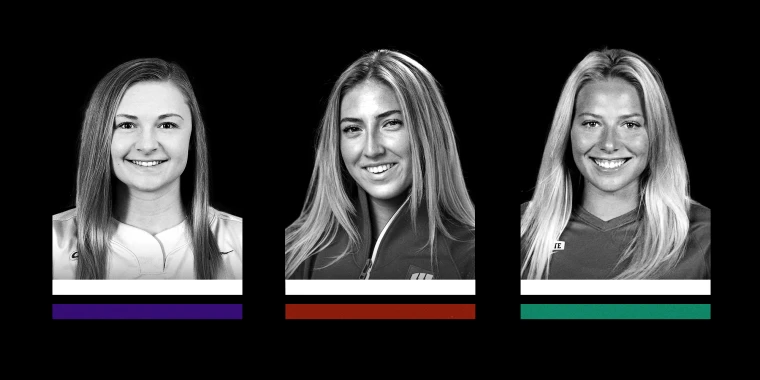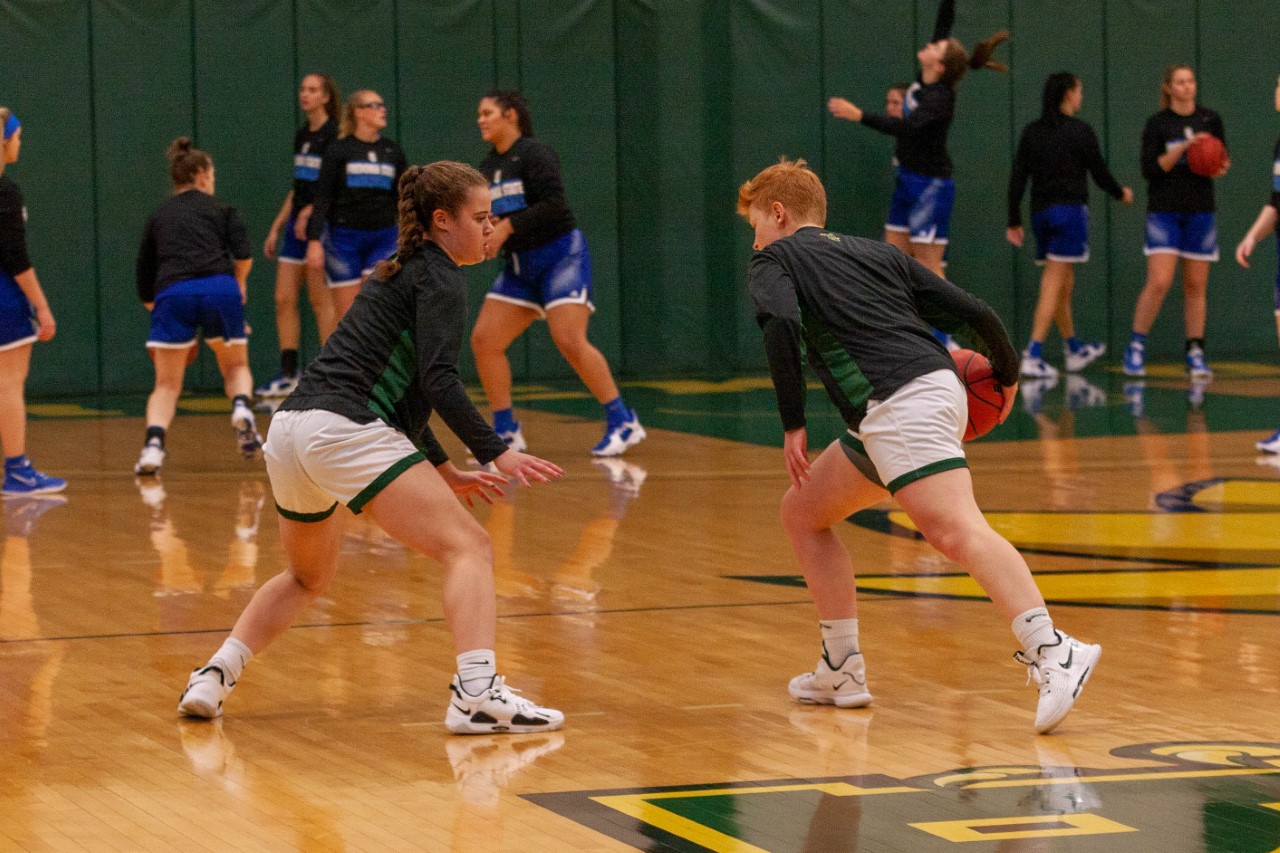Katie Meyer, Stanford soccer player, dead at 22.
Sarah Shulze, Wisconsin XC runner, dead at 21.
Lauren Bernett, James Madison softball player, dead at 21.

In just under 60 days the NCAA has lost 3 athletes to suicide.
In an NCAA survey in 2019 it found that almost 30% of female student-athletes felt the balance of school and sport was becoming too stressful that they could not overcome this. With this statistic only 37% of female student-athletes felt they were receiving enough mental health care from their team or college compared to 46% of male student-athletes.
Head Coach Patti Gasso of the #1 ranked Oklahoma Sooners softball team spoke out after hearing news of Lauren Bernett’s death.
Prioritizing our own
At SUNY Brockport the University has an on campus Health Center.
Hazen Center for Integrated Care provides health, wellness, mind and body care for students at Brockport.
With 7,592 students at Brockport including graduate and commuter students, Hazen opens its doors to try to provide for everyone.
As of the 2019-2020 statistics 738 of these students were athletes, these students balance the stress of school, practice and meetings, daily.
Freshman basketball player Shannon Blankenship from Cleveland, Ohio, spends many days during season trying to balance these things.
“During basketball season I start my day at 8:30 am, grab a small breakfast and spend close to 3 hours in classes, by noon I grab another meal and hope to get an hour or 2 of study hall in before afternoon practice. From 3:30-6:30 we practice as a team doing film, weight lifting and basketball related activity. At the end of practice or in free time we have to complete individual workouts 3 to 4 days a week. After those I grab dinner and spend close to 3 hours doing homework.”
For the women’s basketball team the time spent doing homework is vital to the team’s core values. As a freshman on the team Blankenship had 6 hours of required study hall a week, this can drop to 4 hours the next semester if a GPA above 3.0 is maintained.

Former women’s basketball player Erin Radack of Lakewood, NY stepped away from the team this season with 3 games left.
“For the team, Coach Jones held such high standards for us it filled me with daily anxiety. I felt like basketball was consuming my life and trying to balancing these daily tasks began to effect my personal life and academics.”
Along with the many other tasks the women’s basketball players had daily, Radack stated that meetings with coaches weekly were also a requirement.
“The coaching staff held one on one meetings with most of us weekly to keep track of success in the classroom which turned to anxiety filled meetings about performance on the court.”
“The day I stepped away from the team I felt relieved, I felt I could breath again. I saw immediate improvement in my grades and mental health.”
Through the NCAA’s rise in athlete suicide these standards athlete’s are held to become too much for some. But for coaches of these athletes they are not required by the NCAA to do mental health training to keep track of warning signs for deteriorating mental health.
Assistant Coach for the women’s softball team Morgan Flamholtz has been with the program since 2019. Flamholtz believes athletes on campus do not have enough access to mental health counseling.
“We lack the personnel on campus to give students and student athletes the access they need to counseling. COVID has been hard on so many people and the need for mental health counseling has increased significantly.”
“For athletics we are a population on campus that is put in more high stress situations and have to juggle many things, as a department we should be able to support our athletes as much as they need and prioritize their mental health.”

As a coach, Flamholtz has an open-door policy hoping that her athletes utilize that and can contact her whenever needed in and out of the season.
In recent months across the country, NCAA athletes have started to speak out about mental health struggles they have faced to prevent losing more athletes. These athletes are speaking out for the many that still fear standing up for the better mental health conditions they deserve.
Less than 50% of the NCAA female student-athletes feel comfortable talking with their coaches about mental health issues.
For these coaches that athletes may not be comfortable speaking with, these are some of many warning signs to look for.
- Lack of concentration/focus
- Extreme mood changes
- Significant tiredness, low energy
- Inability to cope with stress
- Changes in eating habits
- Problems sleeping
The loss of Katie Meyer, Sarah Shulze, Lauren Bernett and many others has unfortunately shown that the NCAA needs to prioritize the well-being of these athletes. With more athletes speaking out and their voices being heard on a national level, resources are becoming more available and now these athletes are waiting for the NCAA’s plan to protect athletes at all levels.
Resources available for anyone struggling with their mental health:
- Mental Health America
- American Foundation for Suicide Prevention
- Anxiety and Depression Association of America
- The Trevor Project (1-866-488-7386)
- American Association Answer Center (1-888-35-PSYCH (77924))
- National Suicide Prevention Lifeline (1-800-273-TALK (8255))






















